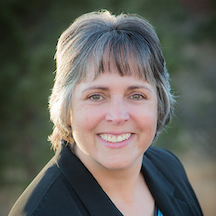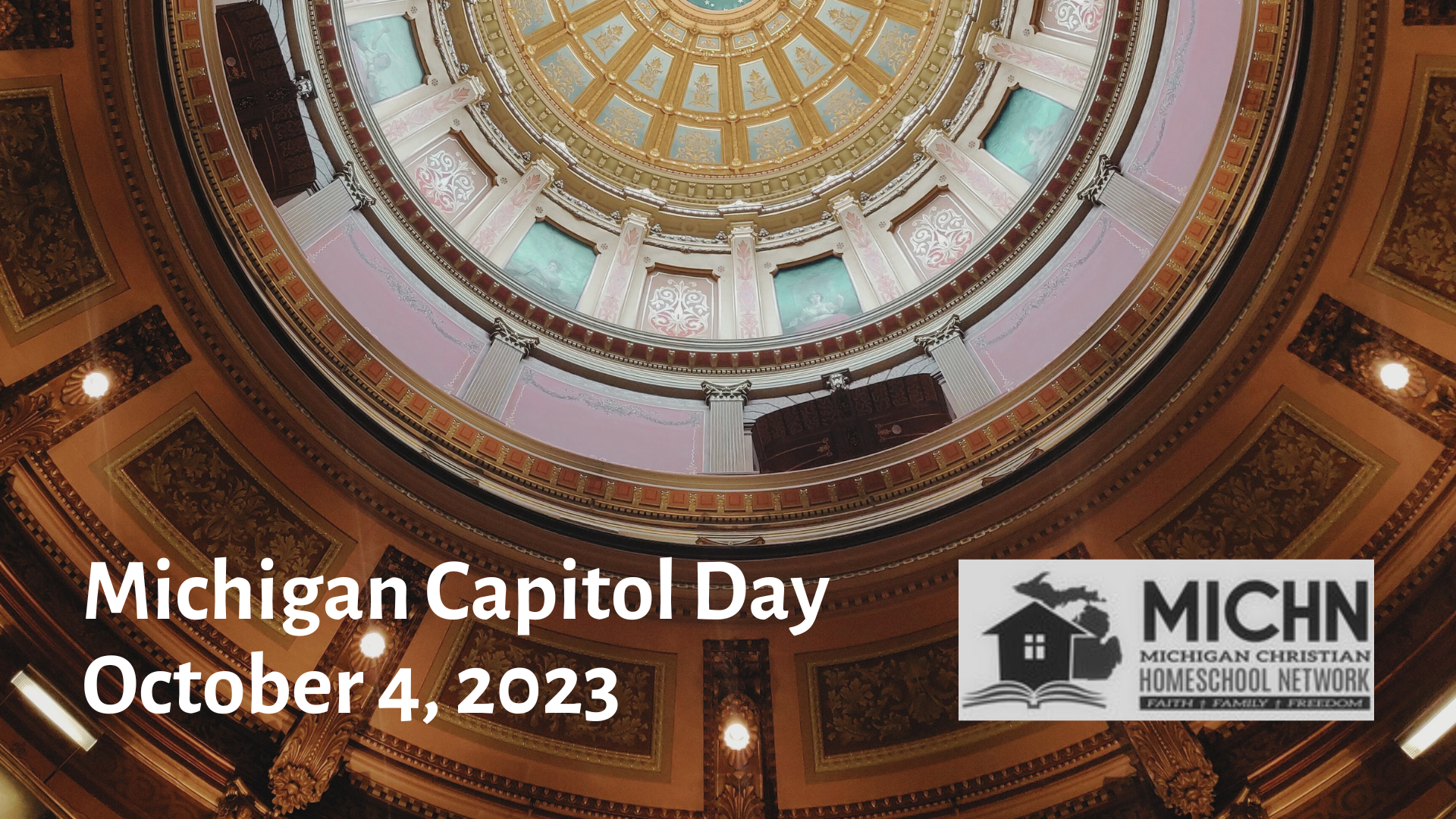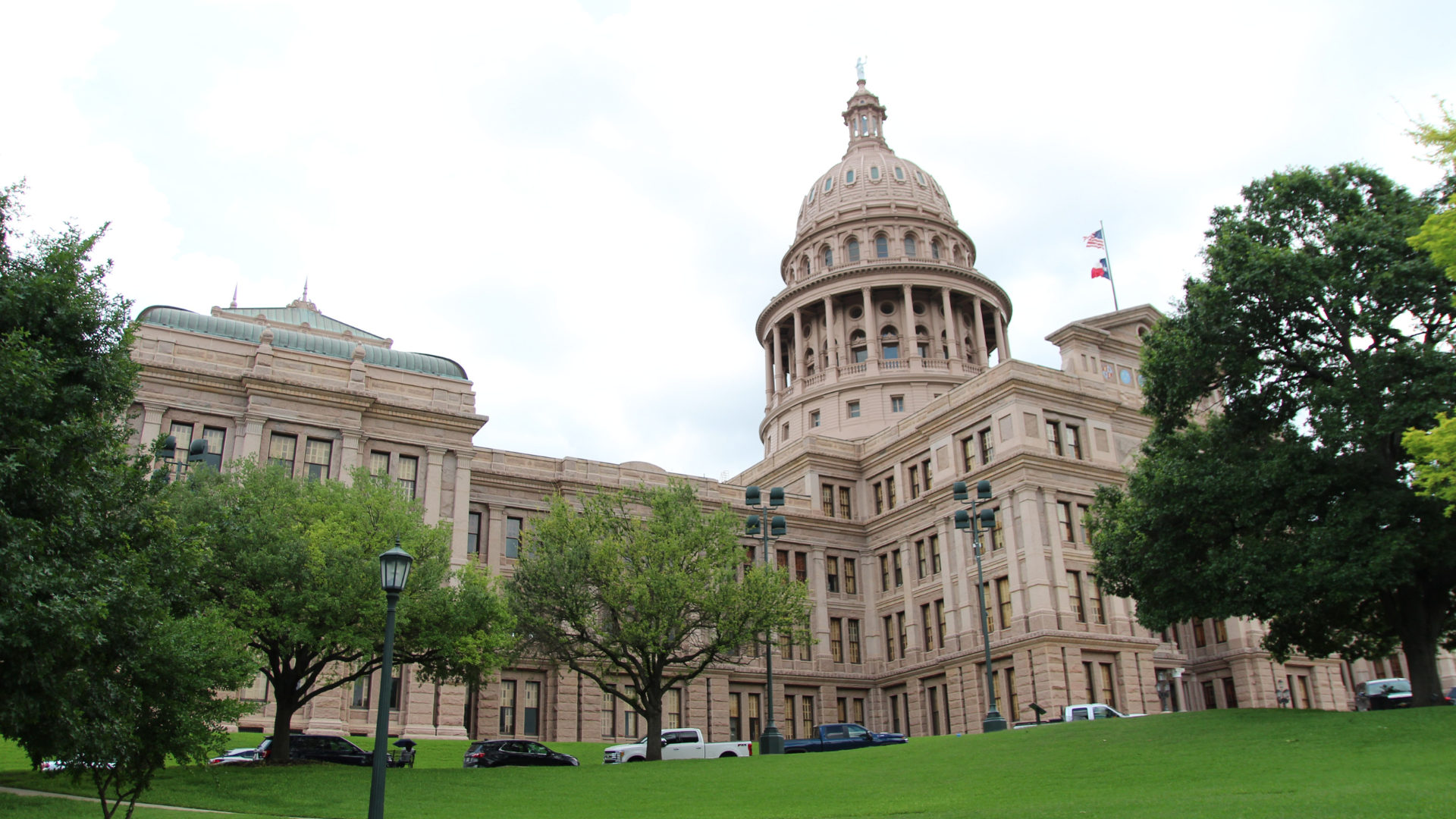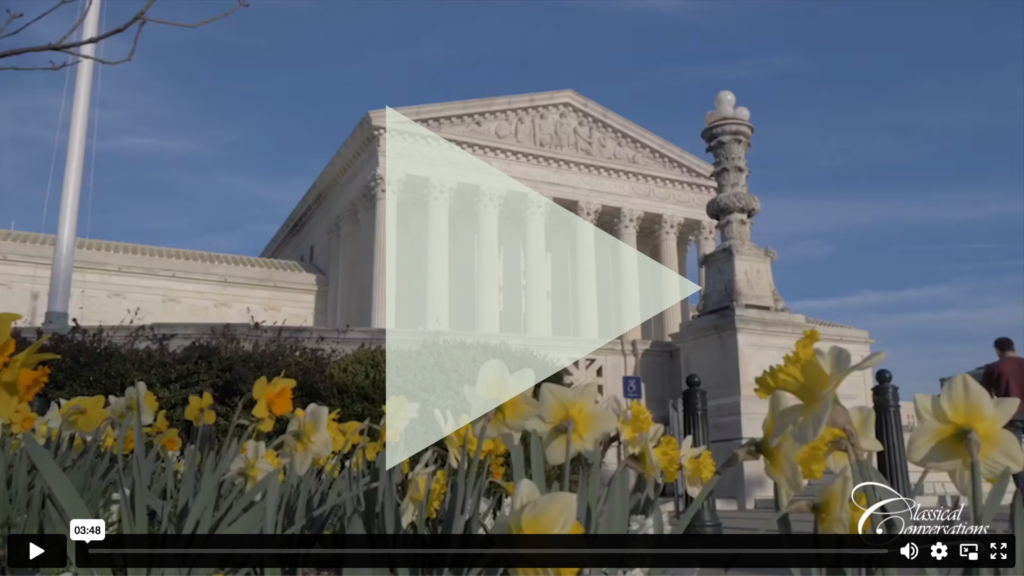By Lauren Gideon
As I write this blog on New Year’s Day, I can’t help but take note of the colliding spheres of meaning in our holidays and in our politics. At this moment, firmly nested in between Advent and Epiphany, the entire focus of this season revolves around celebrating the arrival of the Holy Monarchy. Even people, whose consciences are opposed to recognizing December 25 for historical reasons, still revere the significance of the incarnation of the Eternal King.
Where Did Monarchy Come From?
The word “king” first appears in Genesis 14. In this chapter, nine kings are listed in the conflict that transpires. Four kings and their kingdoms wage war on the other five. When Lot and his household are captured, Abram is forced to intervene. At the end of the chapter, we learn about the King of Salem, Melchizedek, who was also a priest of the Most High God. This conflict happened around 1866 BC.
Other historical documents teach us about Namer, the first King in Egypt, who ruled around 3150 BC, and Enmebaragesi, King of Kish, in northern Babylonia, c. 2700 BC.
We have no record of God establishing a monarchy until 1 Samuel 8 (c. 1052 BC).
4 Then all the elders of Israel gathered together and came to Samuel at Ramah 5 and said to him, “Behold, you are old and your sons do not walk in your ways. Now appoint for us a king to judge us like all the nations.” 6 But the thing displeased Samuel when they said, “Give us a king to judge us.” And Samuel prayed to the Lord. 7 And the Lord said to Samuel, “Obey the voice of the people in all that they say to you, for they have not rejected you, but they have rejected me from being king over them. 8 According to all the deeds that they have done, from the day I brought them up out of Egypt even to this day, forsaking me and serving other gods, so they are also doing to you. 9 Now then, obey their voice; only you shall solemnly warn them and show them the ways of the king who shall reign over them.” (1 Samuel 8:4-9 ESV)
According to this passage, the people initiated the conversation and requested a king, and their request was an act of rejection. When God calls himself the people’s king, one question was whether he was defining monarchy or leveraging a term already a part of the ancient vocabulary.
God’s granting of their request was an act of revelation and consequence. In Samuel 12:17, Samuel gives the people a sign.
17 “Is it not wheat harvest today? I will call upon the Lord, that he may send thunder and rain. And you shall know and see that your wickedness is great, which you have done in the sight of the Lord, in asking for yourselves a king.”
And the people responded with confession,
19 And all the people said to Samuel, “Pray for your servants to the Lord your God, that we may not die, for we have added to all our sins this evil, to ask for ourselves a king.”
God Still Gave a King
But this did not stop God from giving the people what they requested. This would begin the parade of Hebrew kings.
What is important to conclude is that just because God established a human monarchy does not change the fact that the request was an act of rejection and a wicked act. There is a sentiment among some Christians that because a human king ruled God’s chosen people and God directed the process of establishing the monarchy, this must mean that the Hebrew monarchy was good. However, the text is very clear about how God frames the event. It is essential to distinguish what God allows from what He calls good.
This confusion has continued throughout time. Much of classical liberalism literature was drafted in the 17th century in opposition to the Divine Rights theory. King James I of England (1603–25), who commissioned and was the namesake of the 1611 English translation of the Bible, was the foremost exponent of the divine right of kings.1
Sir Robert Filmer wrote an essential piece of literature on the divine rights theory in the early 17th century (published in 1680). A key aspect of his argument was that he claimed, “God Governed Always by Monarchy.”
John Locke and his contemporaries spent their lives untangling this mess, drawing on their observations of history and human nature. Do you know what they discovered? To summarize, they unpacked what scripture had always been saying:
10 as it is written:
“None is righteous, no, not one; 11 no one understands; no one seeks for God.
12 All have turned aside; together they have become worthless; no one does good,
not even one.” (Romans 3:10-12 ESV)
Paul’s words in Romans directly echo both Psalm 14 and Psalm 53.
None on Earth is Worthy
What scripture teaches us is that none on Earth is worthy. We have no non-wicked option to set up as a king! Additionally, all humanity is equal in merit. Each individual is an image bearer of Christ and possesses a totally depraved nature. Thus, these two questions must always be asked, “Who among us is worthy to rule someone else?” and “Who among us deserves to be ruled by another fallen human?”
In Thomas Jefferson’s first Inaugural Address, he deals with this issue: “Sometimes it is said that man can not be trusted with the government of himself. Can he, then, be trusted with the government of others? Or have we found angels in the forms of kings to govern him? Let history answer this question.”
These age-old questions were addressed at the inception of our nation after centuries of debate and historical case studies. In our nation’s oldest official document, the Declaration of Independence, Jefferson penned these words: “We hold these truths to be self-evident, that all men are created equal”— a direct affront to the divine rights theory!
Disclaimer: Although articulated and directed towards the monarchy, the elephant in the room is that while the young nation could see the injustice of the monarchy, some did not see the obvious egregious direct parallel with the slave trade. (And let’s not join in the hypocrisy by thinking our generation is the first that neither is ruled nor subjugated. There are many mechanisms of control in place based on the false premise that one “knows better” or that we ought to protect people from themselves.)
If we are to live in civility with equals, how is that possible? How can we honor the reality that no human is worthy to rule another human?
The answer to that question and a philosophical cornerstone for our constitutional republic is that “Governments are instituted among men, deriving their just powers from the consent of the governed.”
Our system was one in which we fundamentally confessed humanity’s wickedness and inadequacies and acknowledged the injustice that occurs when one human is subjected to another. With violence, we threw off the shackles and injustice of the British Monarchy, and the United States of America was born.
And here we sit, 247 years later, contemplating and celebrating the advent of the Holy Monarchy, the king born in a stable over 2000 years ago. Is there any chance 21st-century Americans might need to attend to their conflicting thoughts on monarchy?
How Can Christ be King, and Monarchy be Imperfect?
Human monarchies are only imperfect because humans fall short. When God was preparing Adam for Eve, God first paraded all the “not-Eves” in front of Adam.
18 Then the Lord God said, “It is not good that the man should be alone; I will make him a helper fit for him.” 19 Now out of the ground the Lord God had formed every beast of the field and every bird of the heavens and brought them to the man to see what he would call them. And whatever the man called every living creature, that was its name. 20 The man gave names to all livestock and to the birds of the heavens and to every beast of the field. But for Adam there was not found a helper fit for him. (Genesis 2:18-20 ESV)
Throughout history, a similar event has been unfolding from the ancient Kings, through the Hebrew kings, to the modern kings; a parade of unworthy counterfeits march across the pages of time. Their shortcomings cultivate an awareness and a yearning for what is missing. We realize that we must suffer through chaos, which is humans’ best attempt at justice, while we eagerly await the good, worthy and just King who is to come. The stage has been set for us now, the same as God did for Adam.
How do we rectify this as thankful Americans? The beauty within the American system is wrapped up in the humility and confession that no one here on earth is worthy and that each individual has dignity and deserves justice as an image bearer of Christ. As long as we embrace, manifest, and teach these principles, we are a living confession to the truth of our human condition and our need for the True King, and we live out the mandate in Micah 6:8 (ESV).
8 He has told you, O man, what is good;
and what does the Lord require of you
but to do justice, and to love kindness,
and to walk humbly with your God?
How Can I Embrace the Monarchy That Is?
The advent of the coming of Christ the King is problematic for our human limitations. We know that Jesus Christ was conceived by the Holy Spirit…
Born of the virgin Mary (First Advent)
On the third day, he rose again from the dead.
He ascended to heaven (Ascension)
and is seated at the right hand of God the Father almighty.
From there, he will come to judge the living and the dead (Second Advent)
In all this coming and going and coming again, do we forget that the “Kingdom of Christ is at hand”? That our King stands outside of space and time? That his rule is eternal and that we are eternal souls? Consider this reminder from Colossians 3:15 (ESV).
“And let the peace of Christ rule in your hearts, to which indeed you were called in one body.”
For in all these things, there is much to celebrate, and we can sing along with this old song with a new appreciation.
Come, Thou long expected Jesus
Born to set Thy people free;
From our fears and sins release us,
Let us find our rest in Thee.
Israel’s strength and consolation,
Hope of all the earth Thou art;
Dear desire of every nation,
Joy of every longing heart.
Born Thy people to deliver,
Born a child and yet a King,
Born to reign in us forever,
Now Thy gracious kingdom bring.
By Thine own eternal Spirit
Rule in all our hearts alone;
By Thine all sufficient merit,
Raise us to Thy glorious throne.
By Thine all sufficient merit,
Raise us to Thy glorious throne.
-Charles Wesley

Lauren Gideon is the Director of Public Relations for Classical Conversations. She co-leads and teaches through an organization committed to raising citizenship IQ on U.S. founding documents. She and her husband homeschool their seven children on their small acreage, where they are enjoying their new adventures in homesteading.

















